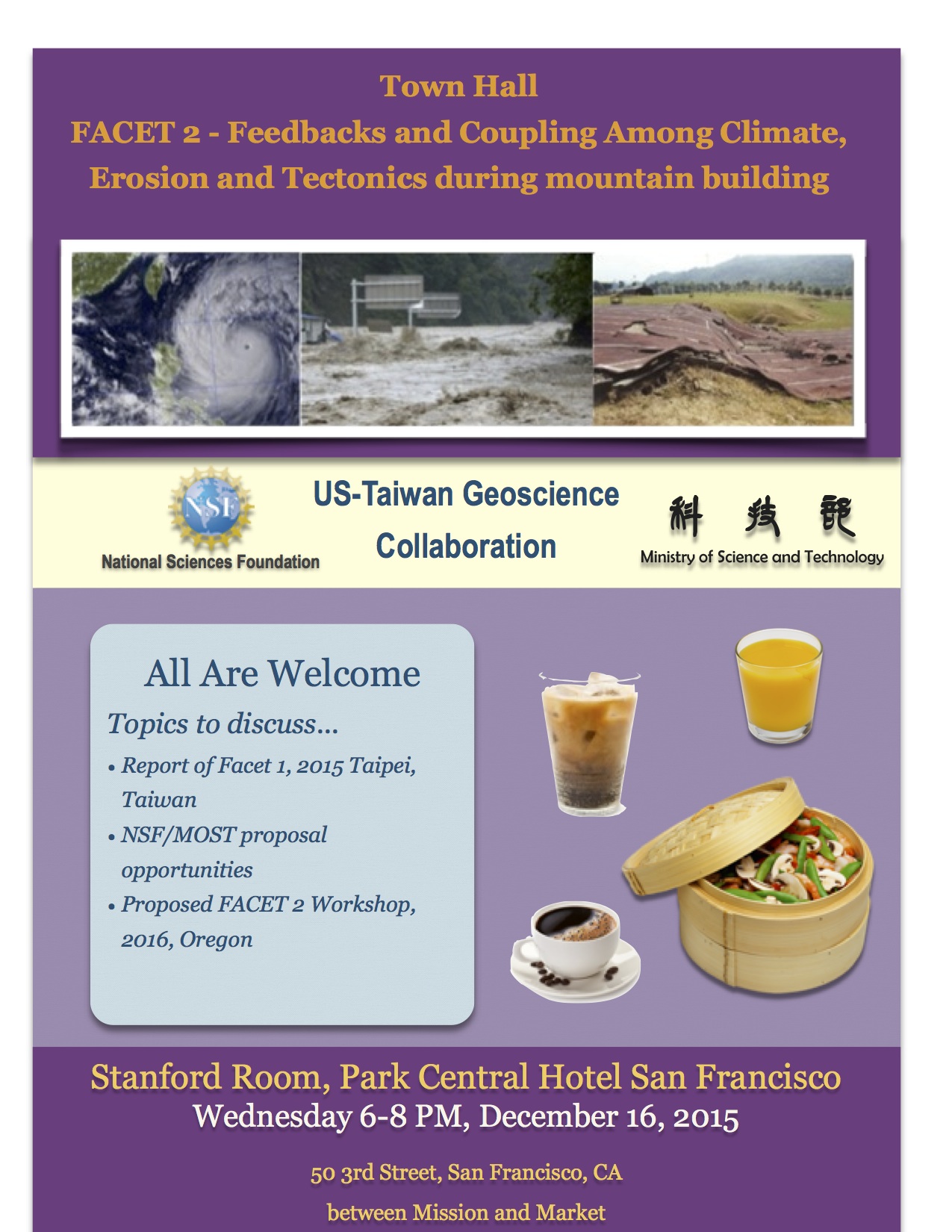Dear graduate students,
You are invited to participate in the upcoming fourth annual Seismology Student Workshop to be held March 17th-18th at the Lamont-Doherty Earth Observatory in Palisades, New York. This workshop is completely student-run and organized with the aim of bringing together graduate students who conduct research in seismology and earthquake-related fields. We intend to build on the success of our previous workshops in providing a friendly environment that fosters in-depth scientific discussion.
[This workshop is only open to graduate students, so we encourage advisors to notify their students about this opportunity!]
- Topics related to the scope of this workshop include but are not limited to:
- Seismic imaging of tectonic processes
- Tomographic/inverse techniques
- Earthquake source processes
- Seismic anisotropy
- Seismicity and tremor
The format will be a series of 25-minute talks and poster sessions that take place over the course of the two days. There is a $20 registration fee that will be collected from all participants at the beginning of the workshop. Meals and refreshments will be provided for all attendees, as well as hotel lodging for the nights of Wednesday, March 16th and Thursday, March 17th. Registration is limited to 55 participants, with preference given to those who submit abstracts.
The Facebook page for the workshop can be found here:
https://www.facebook.com/
If you are interested in attending, please complete and submit the online application form:
https://docs.google.com/forms/
A title, abstract, and an optional figure must be submitted to be considered for an oral or poster session.
The application deadline is February 12, 2016. We will inform attendees about their application status by the end of February. Please feel free to forward this to other students you know that might be interested.
We hope to see you in March!
Organizing Committee:
Celia, Helen, Kira, Zach, and Genevieve
Please direct any enquiries to seismo.workshop@gmail.com


